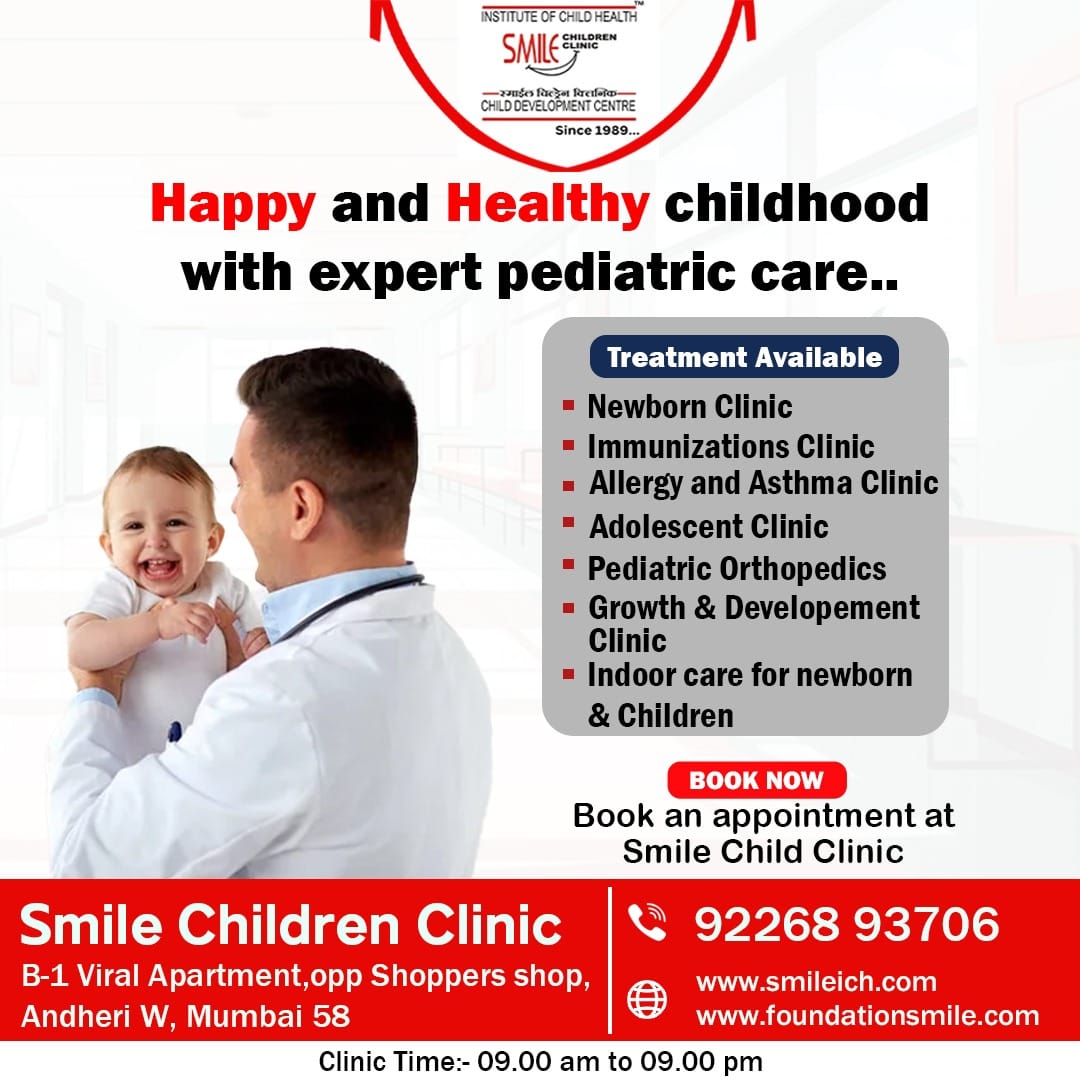
Newborn Baby Doctor
When you hear the term “neonatologist,” imagine someone whose job is to care for the tiniest, often most vulnerable lives—newborns, especially those born early, underweight, or with health problems. Neonate typically means a baby from birth to one month of age. In India, newborn specialists are playing an increasingly critical role.
What Does a Neonatologist Do?
Neonatologists are paediatricians with advanced training in neonatal care. They manage:
- Premature or low-birth-weight babies who may struggle to breathe, feed, or regulate their temperature,
- Congenital conditions, like heart defects or metabolic issues,
- And emergency interventions, including neonatal resuscitation.
- All illnesses occurring before one month of age like jaundice.
These doctors oversee ventilators, feeding tubes, heart monitors, and coordinate multidisciplinary care with nurses, paediatric cardiologists, geneticists, and more.
Why Neonatology Matters in India?
India still has one of the highest burdens of high death rates in newborn babies in the world—though it’s making impressive progress. According to the UN Inter-Agency Group for Child Mortality Estimation, neonatal mortality in India dropped from 28 to 17 per 1,000 live births between 2015 and 2023, a sharper decline than South Asia’s average and the global average. Official Indian data from the Sample Registration System (SRS) confirms that, by 2021, the country's neonatal mortality rate (NMR) had decreased to 19 per 1,000 live births, down from 26 in 2014.
Challenges in Neonatal Care
Despite advancements, India still faces large challenges:
- A major concern is infections in newborns—nightmare for us. A Lancet Global Health study examined over 6,600 infants in Special Newborn Care Units across various districts, and found that 34.6 % had sepsis, with 75–88 % caused by multidrug-resistant pathogens. This makes treatment difficult, and roughly one-third of culture-positive cases did not survive.
- In few states only 24.5 % of infants are found breastfed within the first hour, and 53 % of low-birth-weight babies were discharged early without adequate follow-up . Recognizing dangers early, however, can help: a recent KGMU study showed over 55 % of mothers lacked adequate knowledge about neonatal warning signs before intervention; after education, awareness rose dramatically.
- Babies are kept in neonatal units with multiple risk factors related to infrastructure, electricity, environment, personnel, equipment etc. You might have read stories of fire breaking out in newborn nurseries. These could be related to overcrowded wards and lax safety protocols. Given the high-stakes nature of neonatal care, safety and oversight are of utmost importance.
Newborn care in India is making startling progress!
Government programs like Janani Suraksha Yojana, SUMAN, LaQshya, Pradhan Mantri Surakshit Matritva Abhiyan, the India Newborn Action Plan (INAP), and facility-based integrated newborn care (SNCU, NBSU, etc.) have improved access and quality of neonatal care in India.
- Tools like eSanjeevani tele-medicine, Ayushman Bharat digital health IDs, and tele-NICU monitoring have enabled neonatologists in metro cities to support rural hospitals in real time.
- NGOs, UNICEF, and programs like ASHA’s home-based newborn care model—inspired by the work of Dr. Abhay and Dr. Rani Bang in Gadchiroli—train women at the grassroots to identify danger signs, support breastfeeding, and refer infants early.
- Nutritional campaigns including POSHAN Abhiyaan, Anaemia Mukt Bharat, WASH and hygiene programs, preventative efforts against illnesses like diarrhoea, and immunization drives (Mission Indradhanush, U-WIN portal) helps newborn health and reduce morbidity.
Tips to parents regarding newborn care
- Immediate care at birth: Paediatricians at Smile children clinic, emphasize delayed cord clamping, thorough drying, assessment of breathing, skin-to-skin contact, early initiation of breastfeeding.
- Please see to it that newborn doesn’t lose body heat and become cold.
- Be careful to watch the colour of baby, report immediately if pale or blue.
- Initiate breast feeding as early as possible after birth even if it was a caesarean delivery.
- Touch, look and talk to your baby, he/she can really understand.
- Prevent infection by limiting visitors and keep baby away from ill visitors.
- Learn to Recognise danger signs.
- Don’t delay visit the child specialist if in doubt. We are a click away, dial 9226893706 to connect to Child Specialist doctor at Smile Children Clinic in Andheri west, Mumbai.
